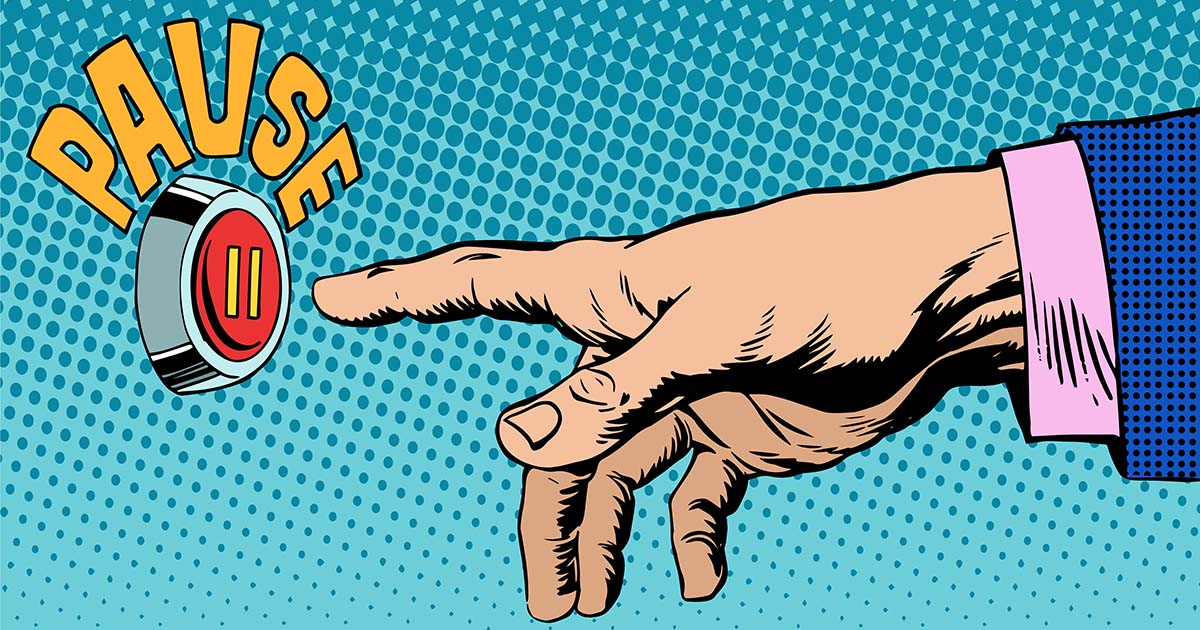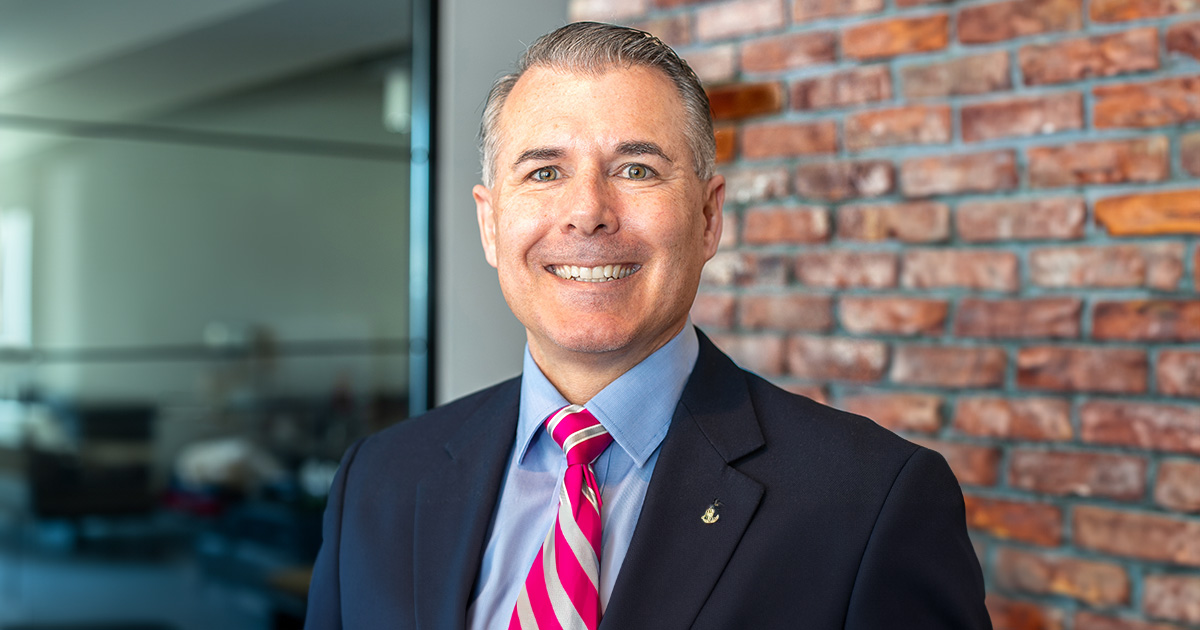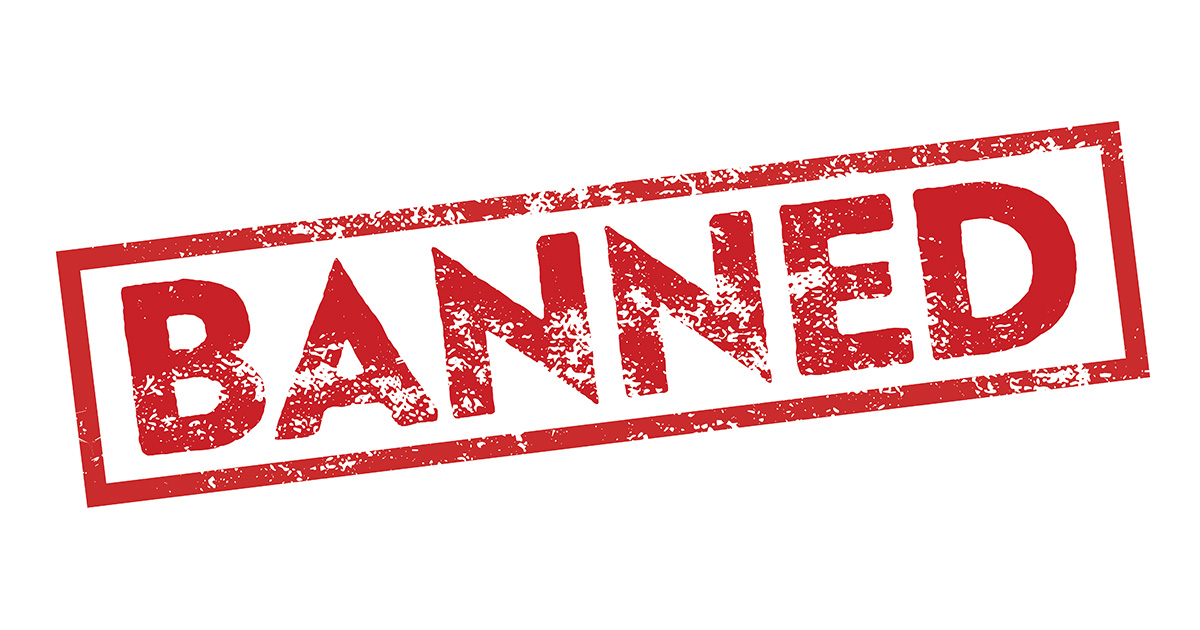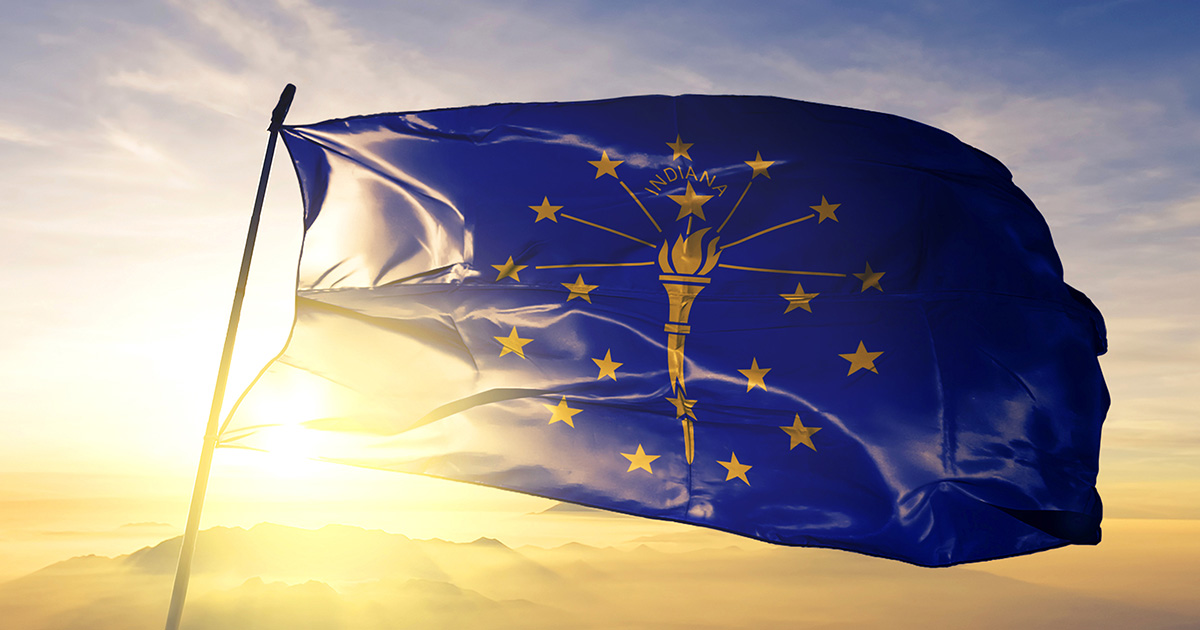World Environment Day happens June 5th, and is the primary vehicle for the United Nations to promote a specific cause to protect the environment. This year, they’re focusing on plastic pollution, which is a critical issue around the world. According to the UN, we produce more than 300 tons of plastic waste every year, which is the estimated combined weight of the world population. Plastic can take anywhere between 500 to 1,000 years to break down, and can leach chemicals into our drinking water and endanger wildlife. The good news is you can do something to help solve this challenge.
Here’s a few tips to help you reduce the amount of plastic in your life–and the Earth’s ecosystem.
-
Buy reusable straws
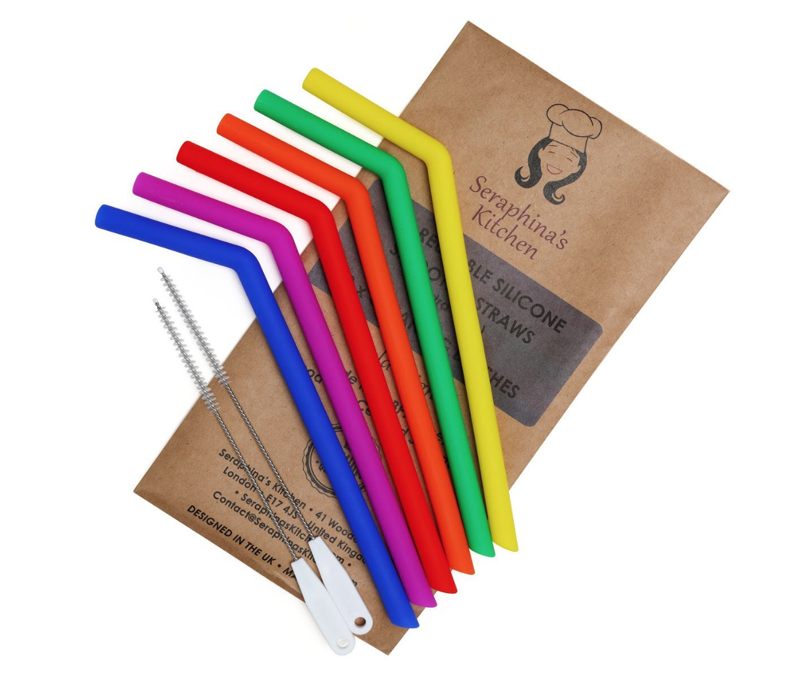
500 million straws are used in the U.S. every day. You can cut down on that amount of waste by replacing them with a set of reusable straws like the one pictured above.
-
Pack your lunch in reusable containers…
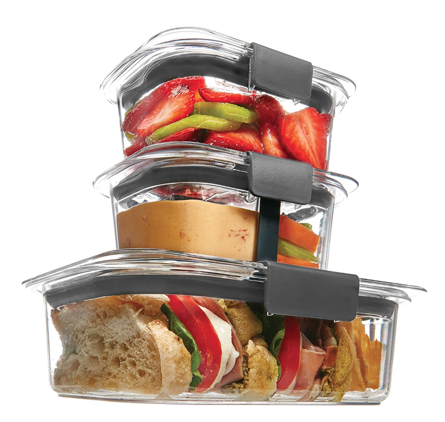
The average American uses 540 single-use plastic ziplock bags a year. Cutting these out of your life is a win-win for you and the environment. Less plastic waste in our landfills, and more money in your wallet!
-
And with reusable utensils
Instead of plastic utensils, pack one of the many sets of reusable utensils, such as utensils made from potato starch or cornstarch, or these reusable bamboo utensils in your lunch, or bring silverware from home.

-
Take your own shopping bags to the grocery store…
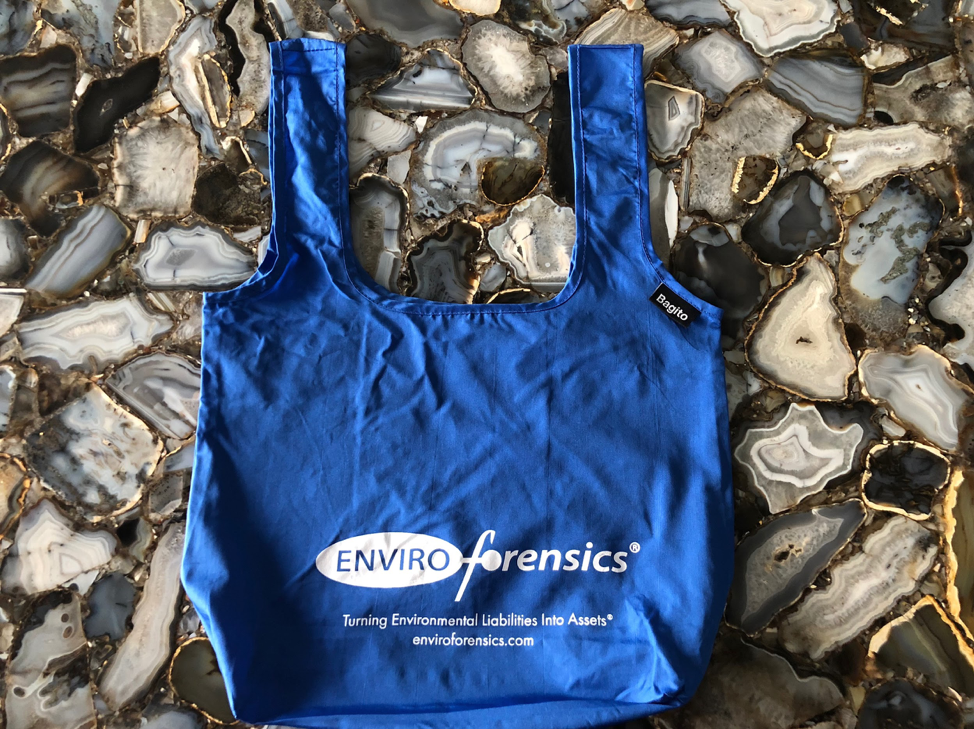
The average American household uses 1,500 plastic shopping bags a year. Make the switch today!
-
… And bring your own containers to use in the bulk aisles
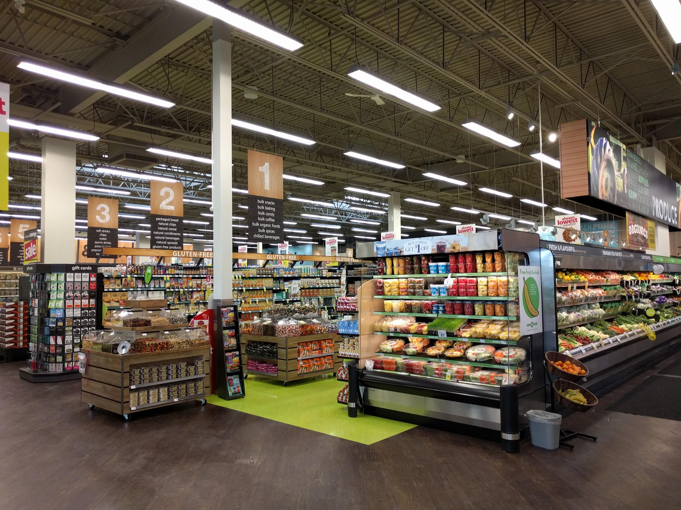
For the Indianapolis area locales, click here to see a list of grocery stores in the area that allow you to bring your own containers. Between tips 4 and 5, you can completely eradicate your pantry of all single-use plastics.
-
Use biodegradable garbage bags
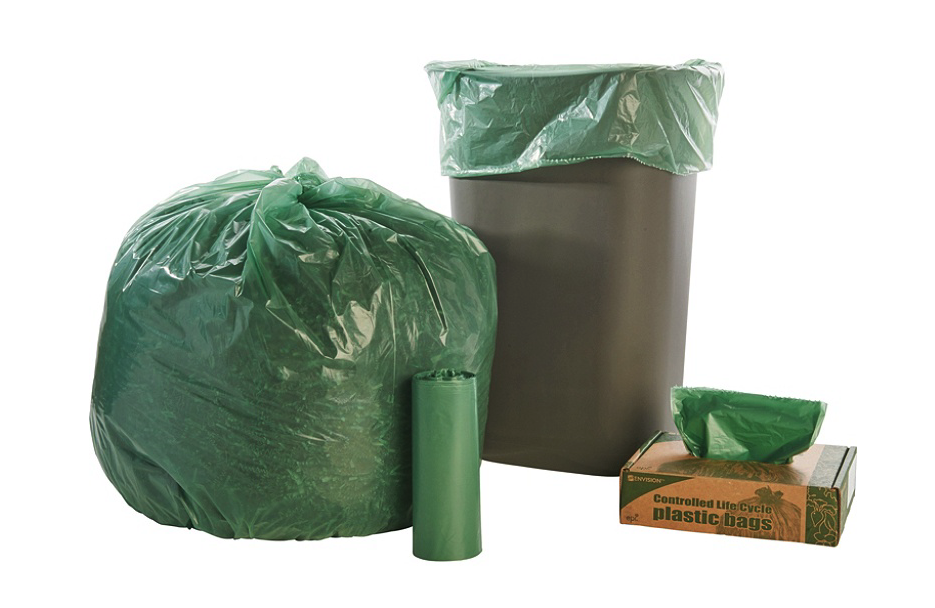
The average American creates 4.4 pounds of waste each day. That’s nearly a ton a year, which fills a lot of plastic garbage bags. If you are going to create some form of non-recyclable waste, at least throw it into a biodegradable bag.
-
Get a bamboo toothbrush
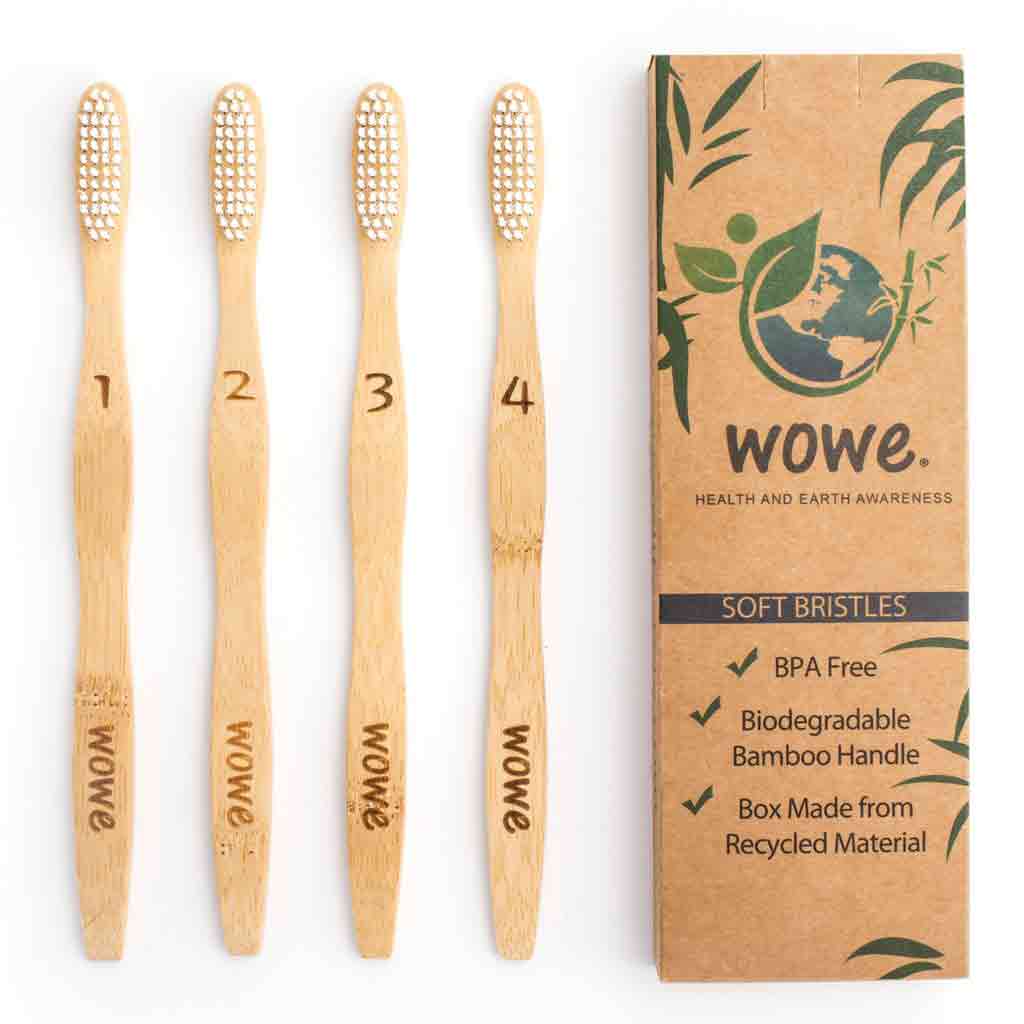
It’s estimated that more than 50 million plastic toothbrushes end up in our landfillseach year, and can take up to 1,000 years to break down. Get those plastic brushes out of your personal rotation and replace them with bamboo.
-
Use natural toothpaste or make your own tooth powder
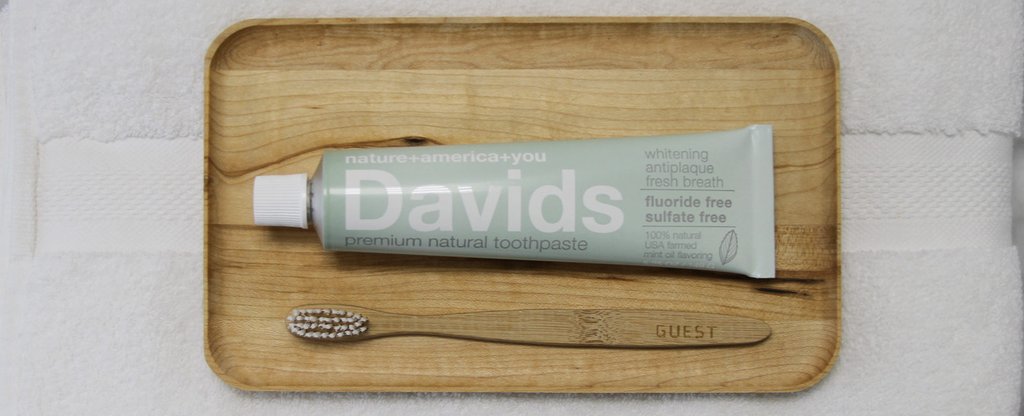
Cut down on plastic waste by using products like David’s toothpaste (pictured) which comes in a recyclable metal tube. You can also make your own tooth powder out of natural ingredients and pack it in a reusable glass jar.
-
Actually recycle
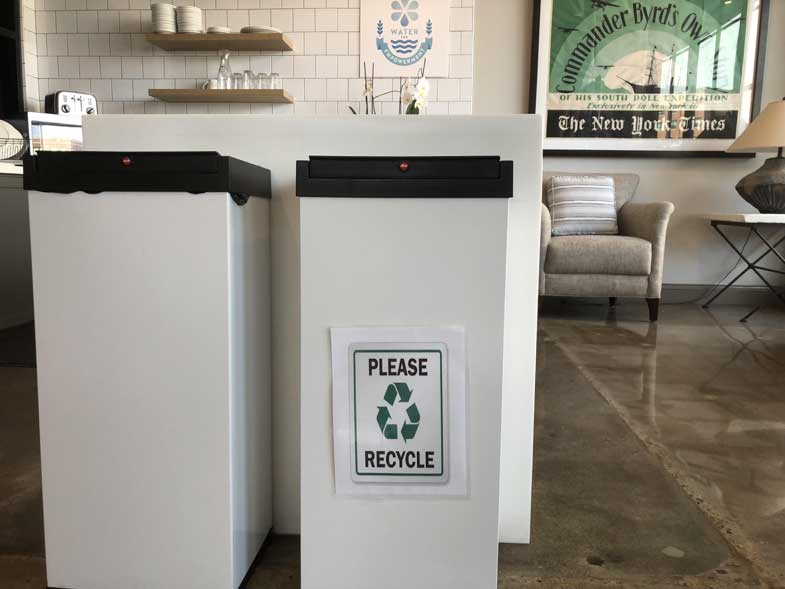
91% of all plastic ends up in our landfills. We can significantly cut down on this number if we just rinse and throw our plastic containers in the recycling bin instead of the trash.
-
-
Don’t just jog. Plog!
-
Plogging is the newest fitness craze to hit the United States. It’s a combination of jogging and picking up litter on your route. The trend started in Sweden in 2016 following increased concern about plastic pollution.
There are so many easy ways to cut down on plastic use and waste. Think about how you can implement some of these tips into your life, and tell a friend or two. Challenge everyone you know to commit to using less plastic and get more tips on how to live a more sustainable life. Together, we can make a difference for our Earth’s ecosystem and for future generations.
 Jennifer Hallgarth is a Licensed Professional Geologist with over 13 years of environmental consulting experience with a focus in insurance claims expertise. She’s responsible for management of numerous chlorinated solvent and petroleum projects throughout various stages of environmental investigation, remediation and closure with projects ranging from $1,000 to over $2,000,000. Ms. Hallgarth has attained specialized experience related to insurance claims, including claim coverage evaluation, forensics investigation, cost allocating, reserve estimating, third party review, and litigation support.
Jennifer Hallgarth is a Licensed Professional Geologist with over 13 years of environmental consulting experience with a focus in insurance claims expertise. She’s responsible for management of numerous chlorinated solvent and petroleum projects throughout various stages of environmental investigation, remediation and closure with projects ranging from $1,000 to over $2,000,000. Ms. Hallgarth has attained specialized experience related to insurance claims, including claim coverage evaluation, forensics investigation, cost allocating, reserve estimating, third party review, and litigation support.
Hallgarth is an adjunct lecturer for Indiana University – Bloomington, where she teaches a course called Introduction to Risk Assessment and Risk Communication. She is also the head of EnviroForensics’ Sustainability Council.
